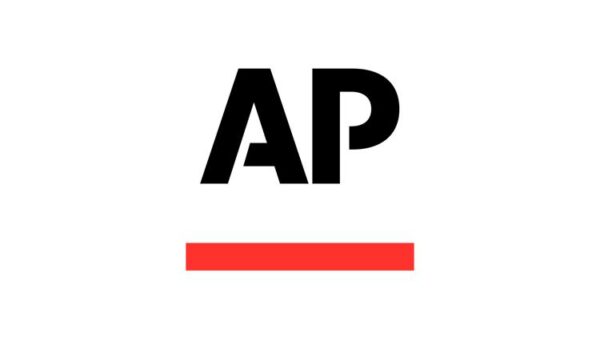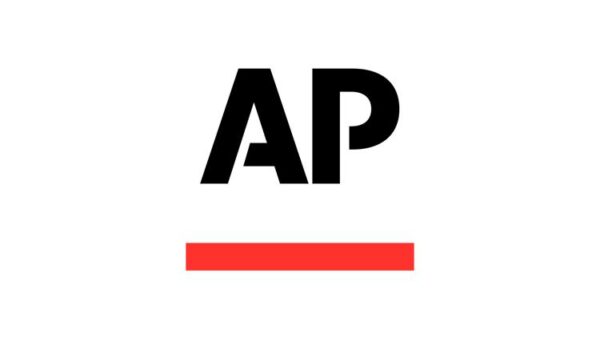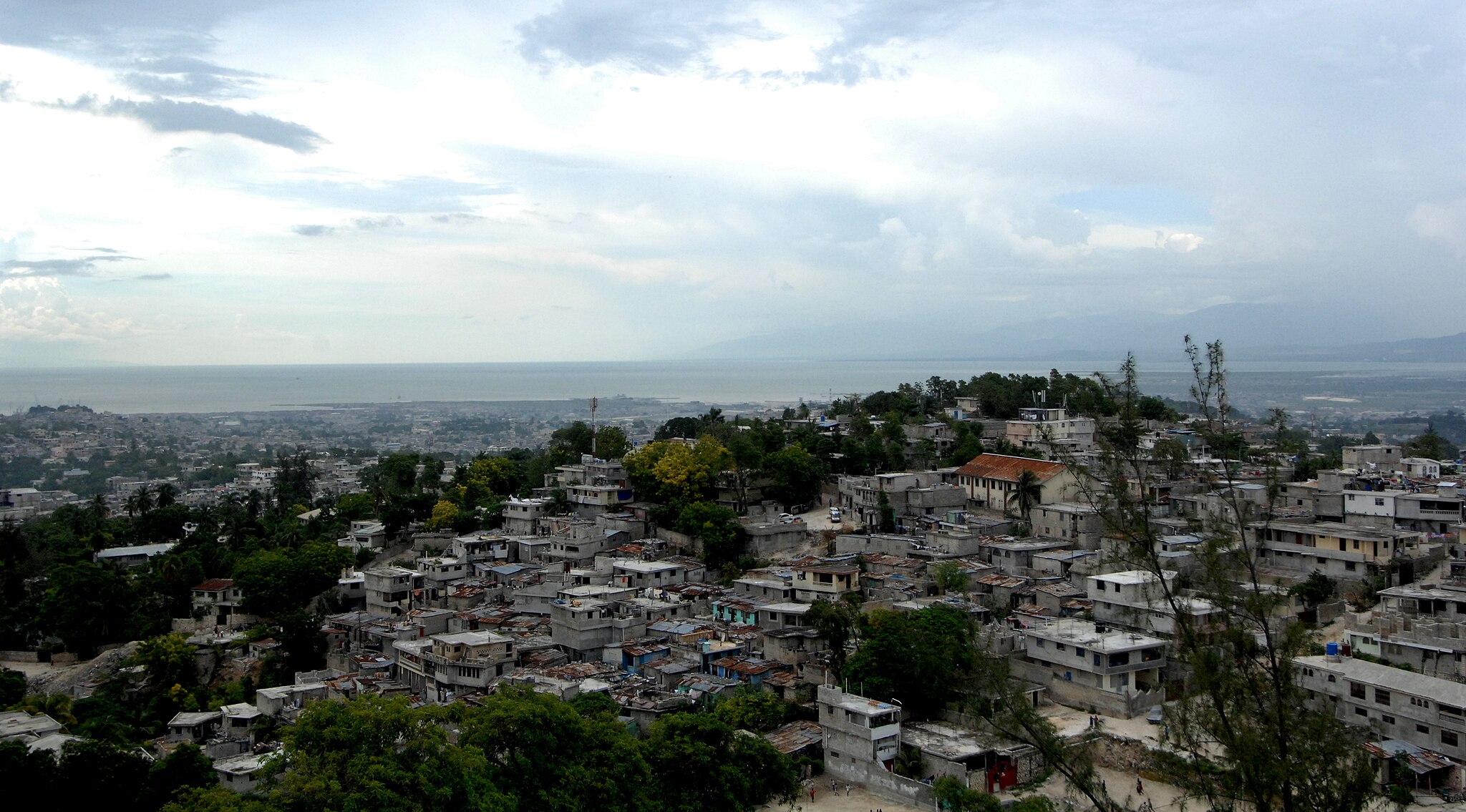A significant cholera outbreak in Haiti has raised alarms, with Human Rights Watch (HRW) calling for immediate action to address the crisis. The organization reported a troubling rise in cholera cases, particularly in the West department, where Haitian health authorities have documented 2,852 suspected cases, 186 confirmed cases, and 48 deaths from January 1 to October 30, 2023.
The outbreak is primarily affecting Port-au-Prince and its surrounding areas. HRW emphasized the “urgent need for coordinated, long-term action to restore basic water and sanitation systems.” The rights group highlighted that the cholera situation is worsened by the deteriorating health infrastructure in the capital, which is nearing collapse.
According to a report from the United Nations, only 25% of households in Haiti have adequate handwashing facilities, while 70% lack access to proper sanitation systems. This lack of basic services has created an environment where cholera can thrive, particularly in overcrowded settlements.
The ongoing violence and insecurity, exacerbated by gang activity, have displaced thousands of people this year. Many have been forced into makeshift communities without access to clean water, further complicating efforts to manage the outbreak. Response initiatives led by the Haitian Ministry of Public Health and Population face severe challenges due to gang control over critical areas, which hinders humanitarian access.
Heavy rains in the region, coupled with existing infrastructure issues, have created ideal conditions for the cholera outbreak to spread. Diana Manilla Arroyo, Senior Americas Researcher for HRW, noted, “Cholera is once again threatening thousands of lives in Haiti because people lack access to the most basic services: clean water, sanitation, and medical care.” She called for serious government and international efforts to combat the outbreak and prevent further loss of life.
HRW has urged Haiti’s transitional government to take immediate steps to “urgently repair the national water and sewage network, guarantee safe humanitarian access to high-risk areas, and restore the operational capacity of public health institutions” with support from the international community.
Additionally, the organization has called for an end to deportations to Haiti from countries like the Dominican Republic and the United States, which have reportedly totaled over 225,000 this year, according to the International Organization for Migration (IOM).
Haiti has faced numerous challenges with cholera outbreaks in the past. The most devastating incident occurred after sewage from a UN peacekeeping base contaminated a river, leading to approximately 9,800 deaths. The United Nations acknowledged its responsibility for the outbreak in 2016, yet the country continues to grapple with the consequences of inadequate infrastructure and public health services.
The current situation in Haiti underscores the urgent need for coordinated action to address the health crisis, restore essential services, and ensure the safety and well-being of its citizens.




































































